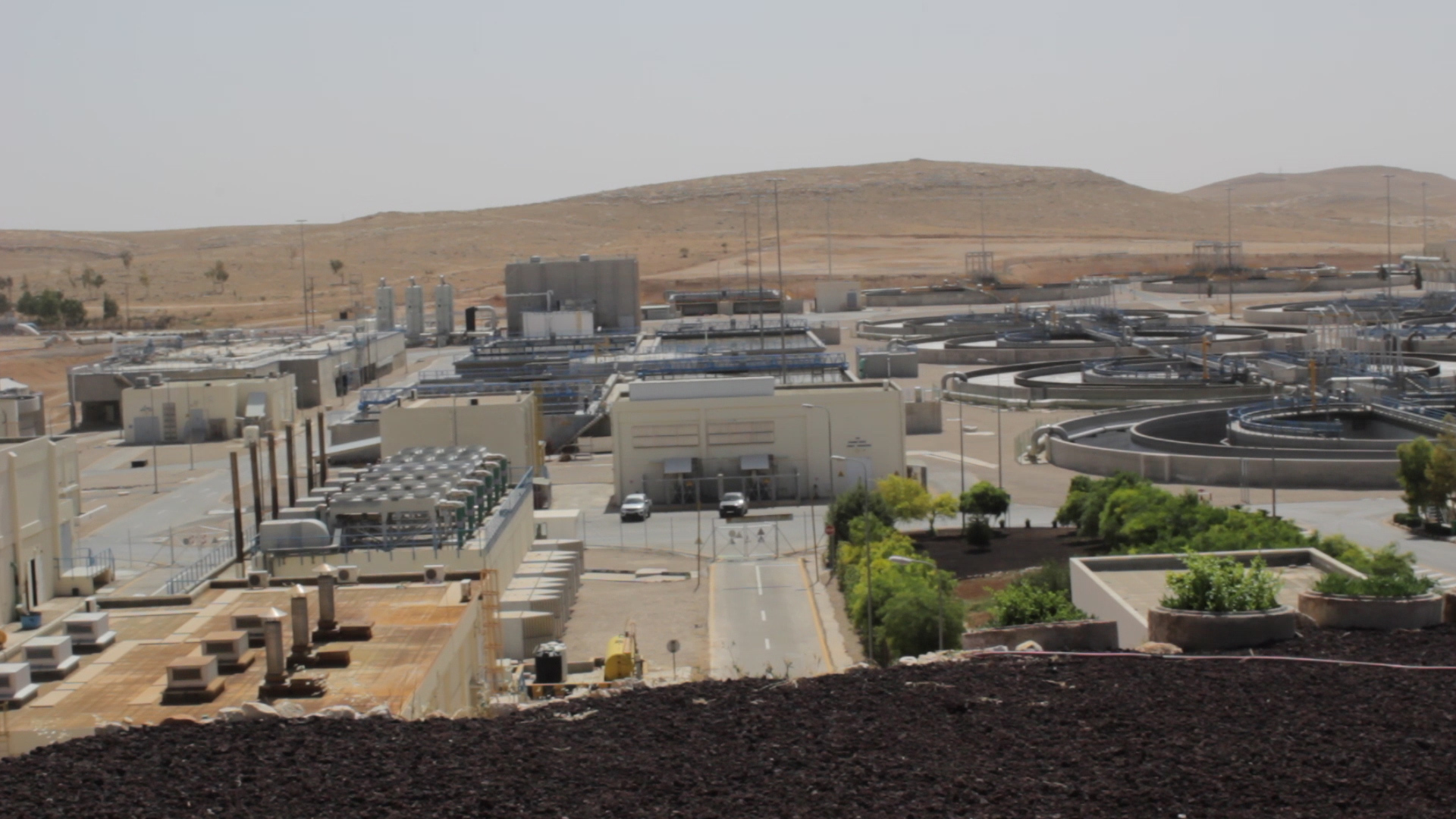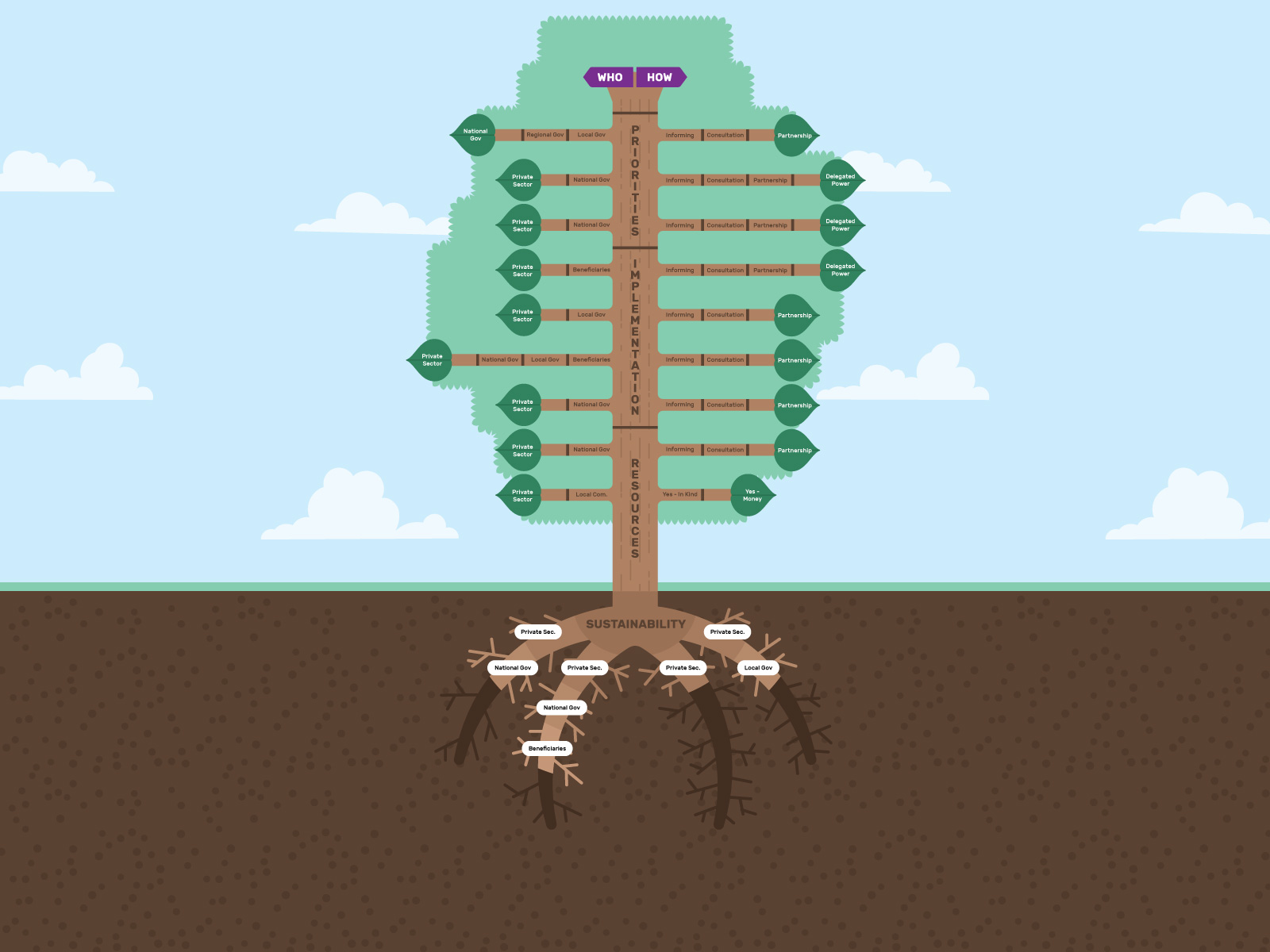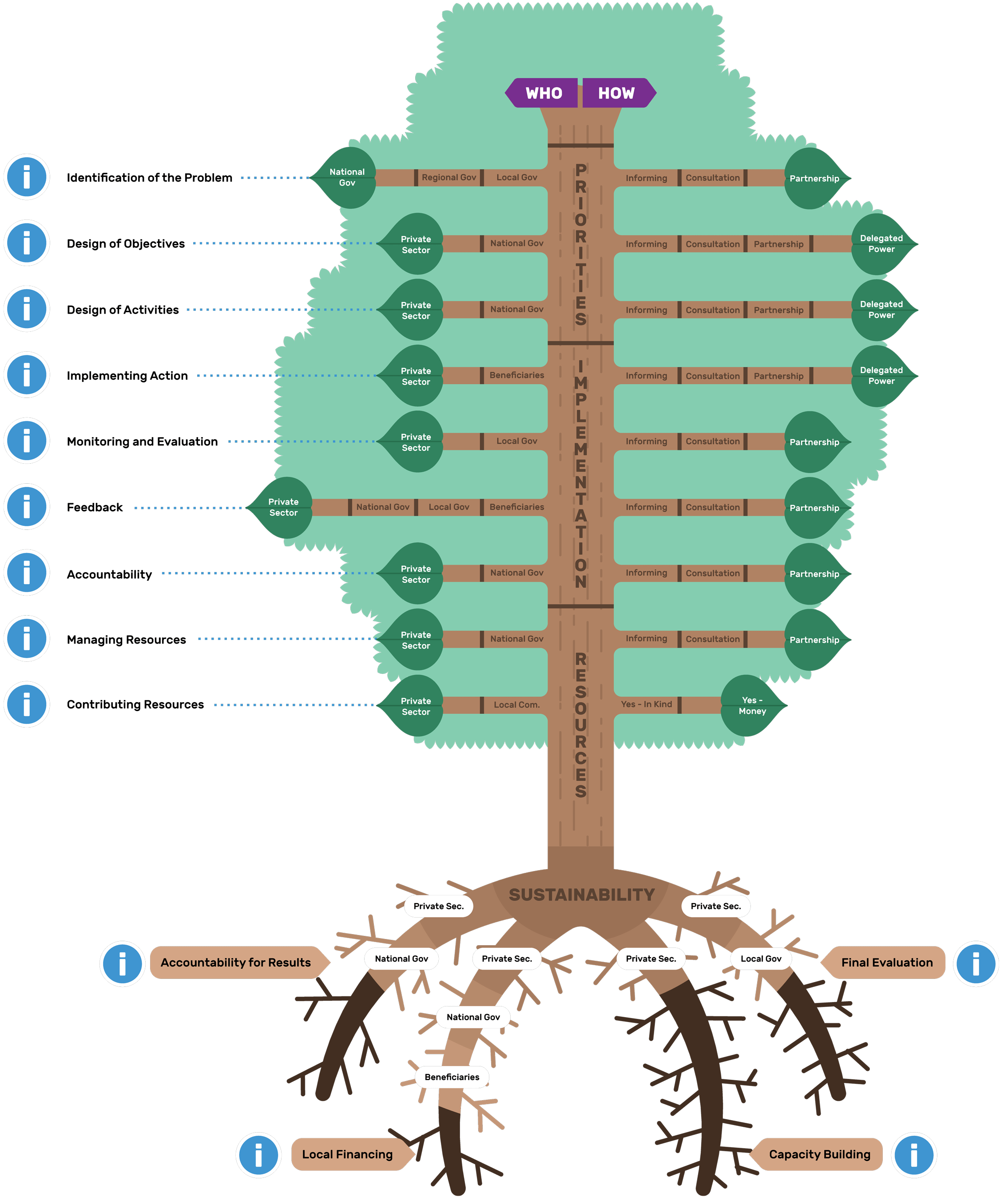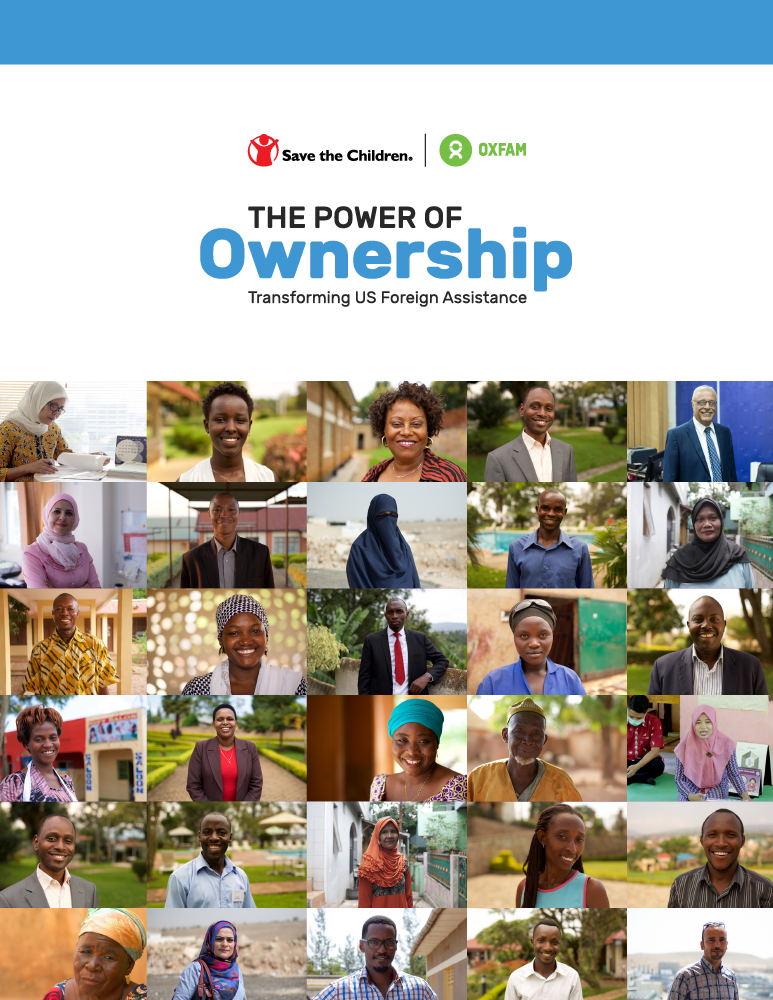MCC As-Samra Water Treatment Project
Jordan is the second-most water-poor country in the world. The lack of access to ground water is a major constraint to economic development, and disproportionately affects people living in poverty.
The Millennium Challenge Corporation’s (MCC) country-led ownership approach in Jordan gave a significant amount of authority to local stakeholders. Jordanians were at the helm of the project from the identification of project priorities to the creation of a plan for its long-term sustainability.
The $275 million MCC Compact entered into force in December of 2011. The compact focuses on increasing the water supply of residents and businesses of the Zarqa Governorate (primarily the cities of Zarqa and Ruseifa), one of the poorest areas in the country. The As-Samra Water Treatment project is one of three inter-related projects the compact funds, and works to improve water treatment infrastructure in these areas.
Despite the involvement of a number of non-Jordanian companies and reliance on external financing to launch the project, overall implementation of the As-Samra project was locally led. But what’s most remarkable about this project is the utilization of an innovative funding structure to ensure that domestic sources of revenue will sustain the facility.
The As-Samra Waste Water Treatment Plant improves on an existing (USAID-supported) wastewater treatment facility that serves between 70 to 75 percent of Jordanians. The project is MCC’s first to use the build-operate-transfer financial model. This means that MCC, through the Millennium Challenge Account – Jordan and the Jordanian government, provided financial support to hire a company to expand the plant and, operate it for 25 years before, and ultimately handing it back to the government.
To learn more about our analysis of this project, explore the LEAF graphic above or read the full report.



